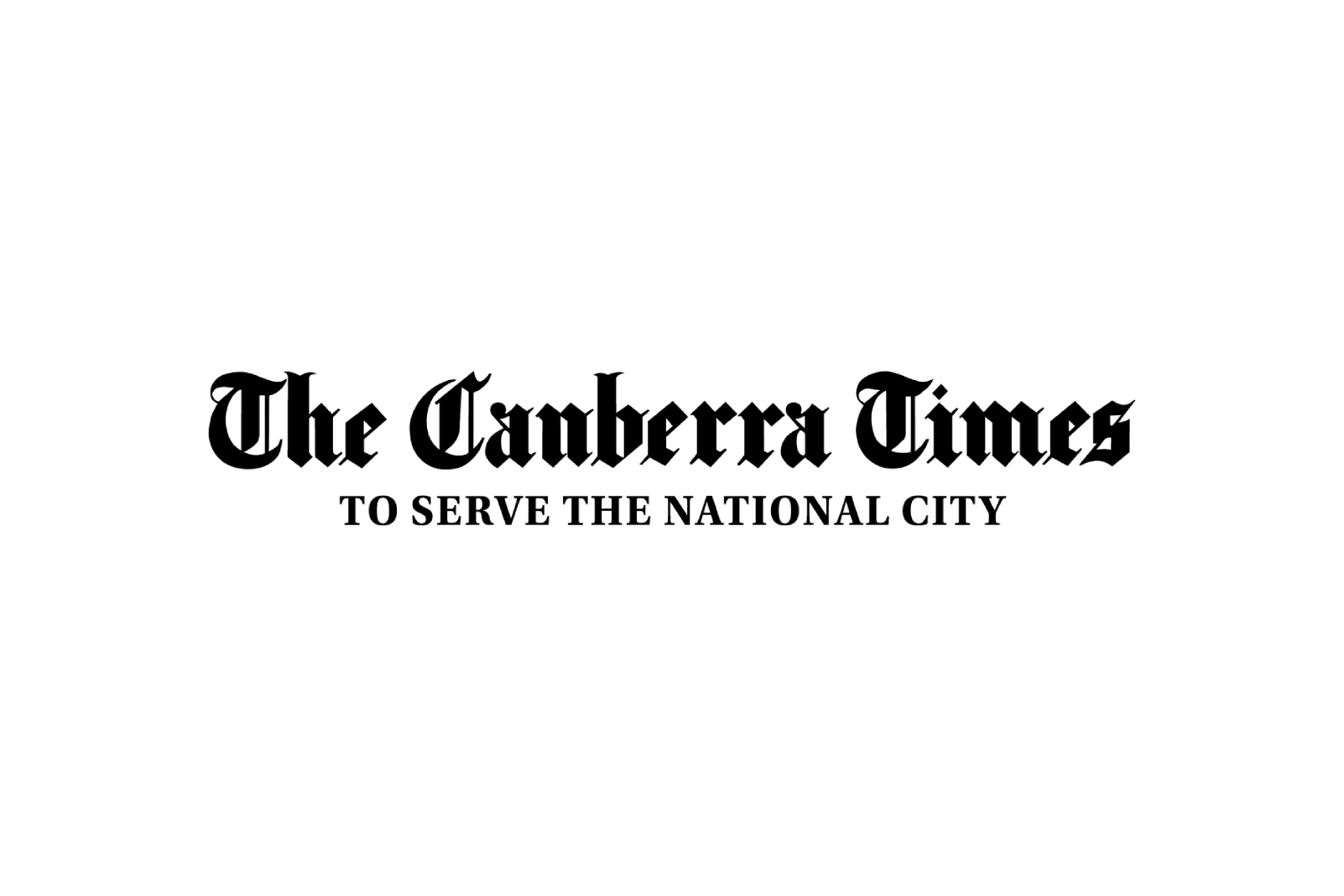
'In desperate need': could magic mushrooms help body image distress?
Magic mushrooms could be used to treat body image distress but more research is needed, experts say.
A recent Monash University study found that psilocybin, or magic mushrooms, improved body weight maintenance and triggered cognitive flexibility in female rats.
Now, researchers at Swinburne University of Technology, Melbourne and the University of Sydney's InsideOut Institute have set up human trials.
Swinburne University's Professor Susan Rossell has worked with body image issues for nearly 20 years, and she wanted to understand who might benefit from psilocybin.
Psilocybin is the core ingredient in magic mushrooms. It is a psychedelic drug which can cause hallucinations and altered thinking, sense of time and emotions.
"There is quite a lot of work in depression and anxiety but nothing in the eating disorder space," she said.
Last year, the Therapeutic Goods Administration approved psilocybin for treatment-resistant depression.
Falling through the gaps
Professor Rossell said while existing treatments worked for some people, others were faced with very few options.
"We are in desperate need. We know that body image issues are on the rise and a lot of people fall through the treatment gaps," she said.
She said people with body image issues, including anorexia and body dysmorphia, had some of the highest suicide rates of any mental health disorder.
Anorexia nervosa is an eating disorder and serious mental illness where people fear weight gain.
With body dysmorphic disorder, people had an intense dislike of any part of their body, from their nose to their toes, Professor Rossell said.
"We need some drastic new interventions to help these people," she said.
PhD candidate Sarah Rodan is leading the University of Sydney's trial into psilocybin-assisted psychotherapy and treatment-resistant anorexia.
Ms Rodan hoped their research could help people who had suffered for a long time.
"Anorexia nervosa is one of the most debilitating psychiatric disorders there is, yet there are no approved pharmacotherapies with efficacy to support long-term remission," she said.
"There is very limited research funding into eating disorder research."
'A holistic intervention'
Professor Rossell will run two clinical trials, one which of started on May 13 and another planned for mid-July.
Both trials will have 12 people with anorexia nervosa and 12 people with body dysmorphic disorder.
The first trial will include people who had some success with current interventions, and the second will focus on treatment-resistant people.
She said psychotherapy would go along with the psychedelics and they planned to do long-term follow-ups to assess the effects.
"The thing about psilocybin-assisted psychotherapy is that it's a more holistic intervention, so we can really understand what behaviours and what thought patterns are really troubling," she said.
The Sydney-based clinical trials would hopefully focus on 30 people, and would start sometime soon, Ms Rodan said.
"We are seeing if psilocybin treatment can improve eating disorder psychopathology, increase motivation to get better and improve quality of life," she said.
She said psilocybin could potentially combat cognitive rigidity that was typically seen in treatment-resistant anorexia.
"It can be very difficult to change with just cognitive behavioural therapy and antidepressants," she said.
Support is available from Eating Disorders Families Australia on 1300 195 626, Butterfly Foundation on 1800 33 4673 and Lifeline on 13 11 14.